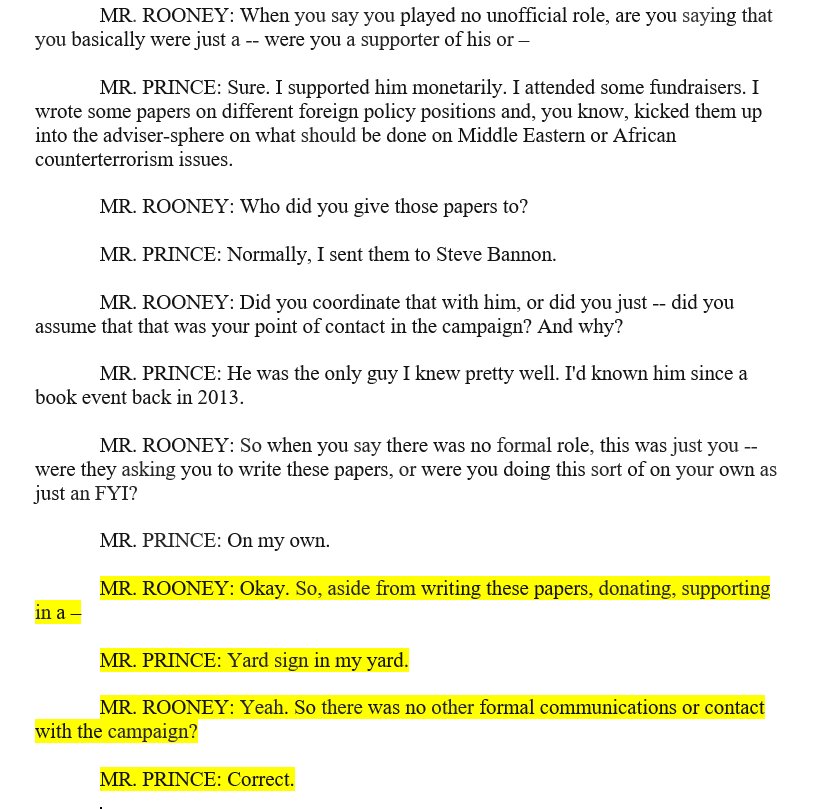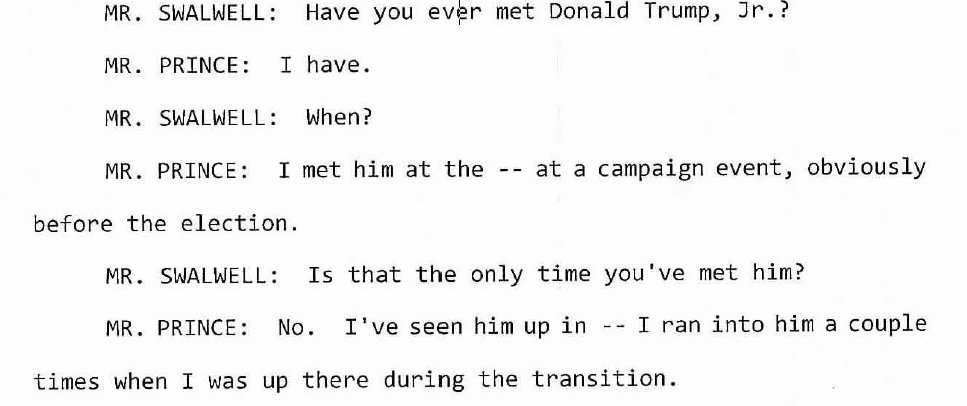Let me share a few initial observations (thread).
nytimes.com/interactive/20…
We're entering the last decade to ward of planetary catastrophe now because of the failure of leaders to act then.
Folks who don't work on climate for a living seem more positive about the piece than those who do.
This is simply untrue.
"A common boogeyman today is the fossil-fuel industry, which in recent decades has committed to playing the role of villain with comic-book bravado. ...Nor can the Republican Party be blamed."
The Carbon Lobby's long campaign of climate predatory delay did not spring from the air, fully formed.
I think that's naive.
The early climate movement didn't stumble, it was pushed. Hard.
But in so doing, he doesn't just minimize the extent of the opposition to climate action during the Reagan administration, he practically erases it.
The central question of the climate crisis is not "Can we reduce emissions?" but "How long can high-carbon industries delay action?"



